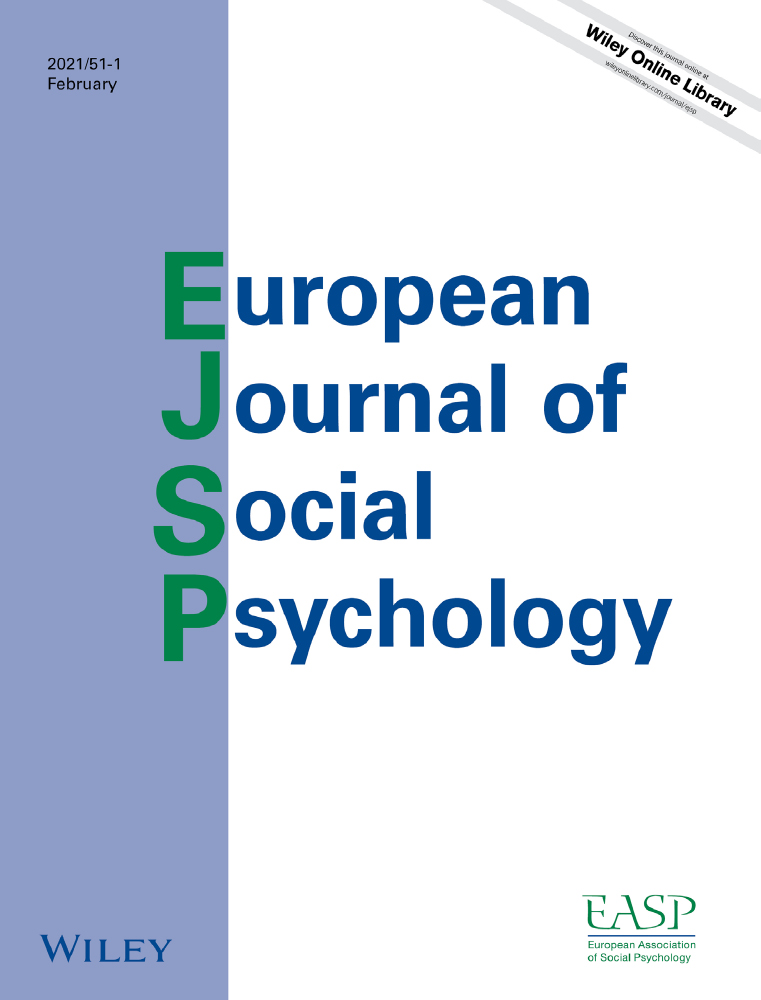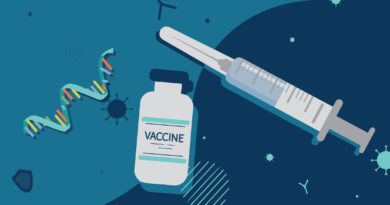Are COVID‐19 conspiracies a threat to public health? Psychological characteristics and health protective behaviours of believers

We tested the link between COVID-19 conspiracy theories and health protective behaviours in three studies: one at the onset of the pandemic in the United Kingdom (UK), a second just before the first national lockdown, and a third during that lockdown (N = 302, 404 and 399). We focused on conspiracy theories that did not deny the existence of COVID-19 and evaluated the extent to which they predicted a range of health protective behaviours, before and after controlling for psychological and sociodemographic characteristics associated with conspiracy theory belief. COVID-19 conspiracy beliefs were positively correlated with beliefs in other unrelated conspiracies and a general conspiracy mind-set, and negatively correlated with trust in government and a tendency towards analytical thinking (vs. intuitive thinking). Unexpectedly, COVID-19 conspiracy believers adhered to basic health guidelines and advanced health protective measures as strictly as non-believers. Conspiracy believers were, however, less willing to install the contact-tracing app, get tested for and vaccinated against COVID-19, and were more likely to share COVID-19 misinformation – all of which might undermine public health initiatives. Study 3 showed conspiracy theory believers were less willing to undertake health protective behaviours that were outside of their personal control, perceiving these as having a negative balance of risks and benefits. We discuss models explaining conspiracy beliefs and health protective behaviours, and suggest practical recommendations for public health initiatives.
This article is protected by copyright. All rights reserved


